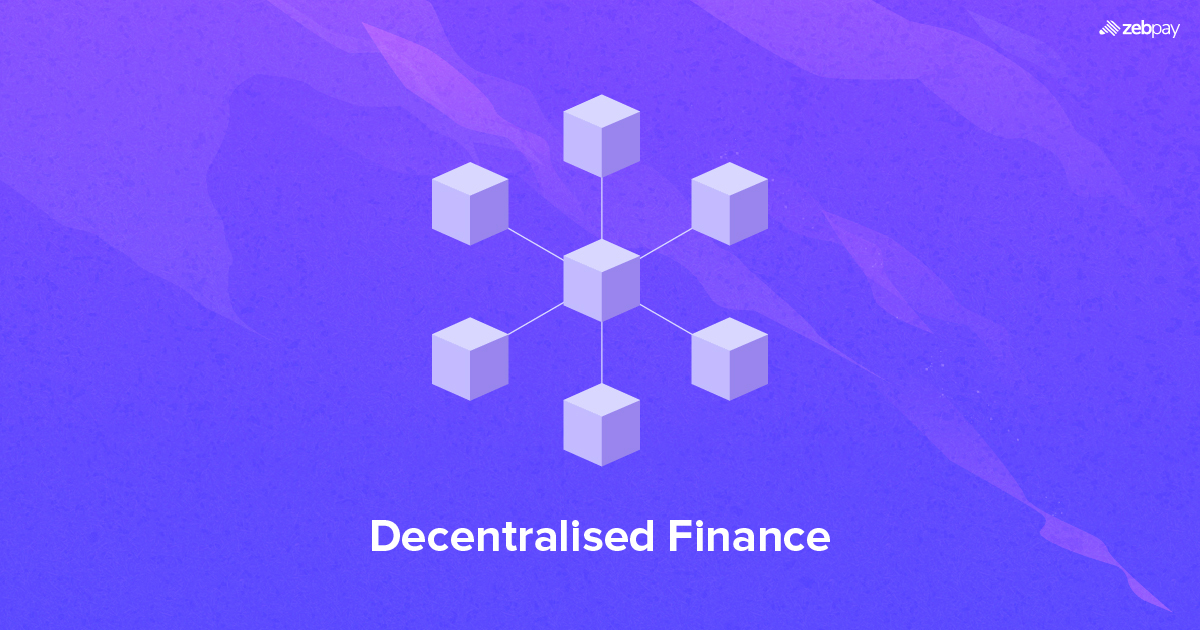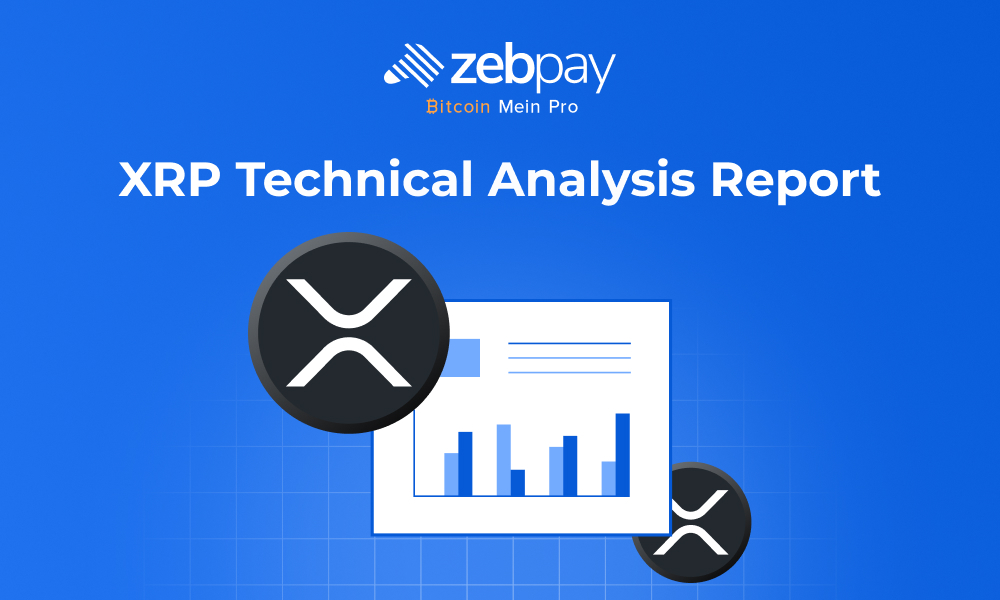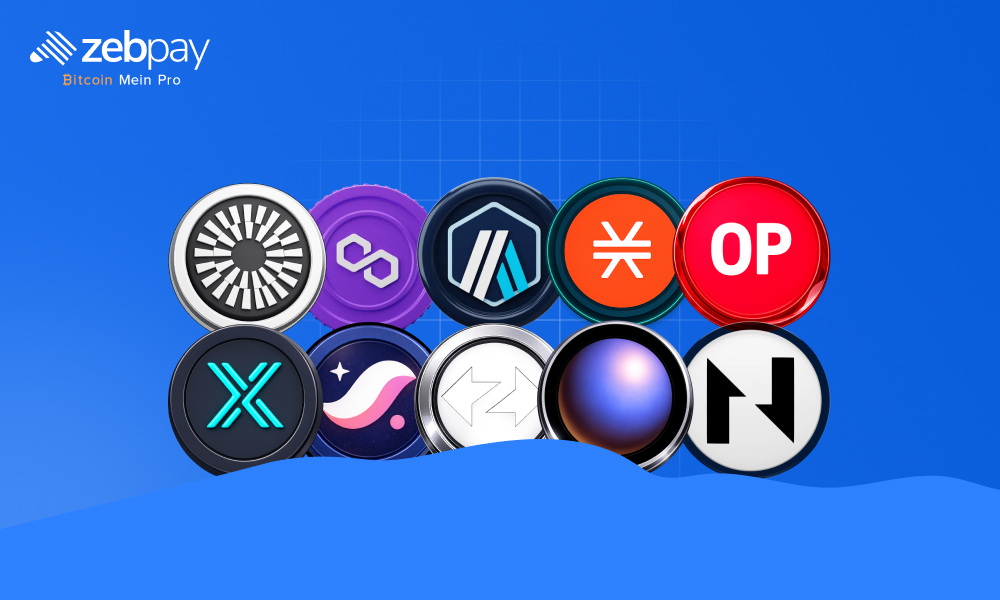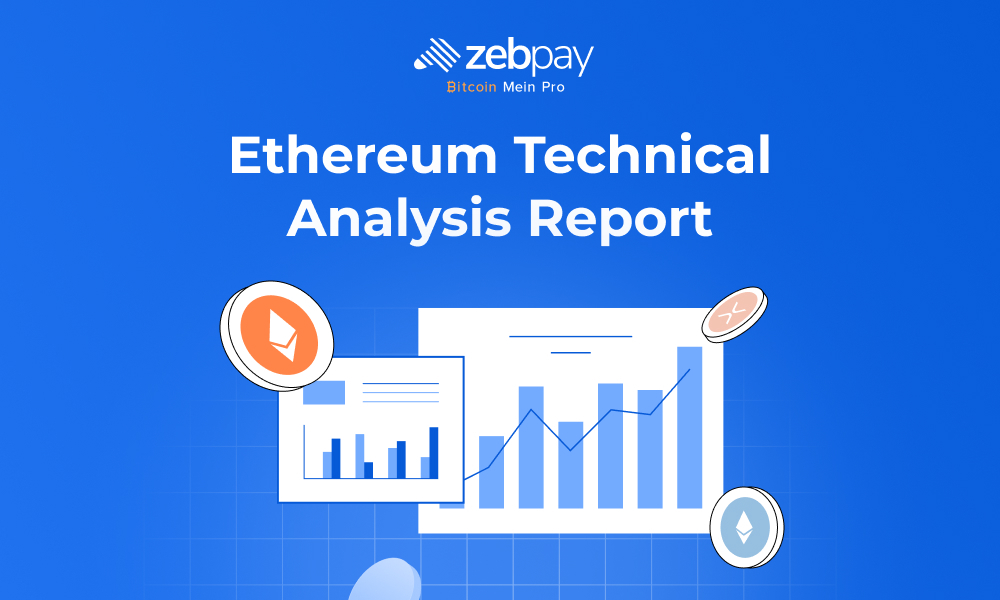What is Decentralised Finance (DeFi)?
Decentralised finance (DeFi) is an alternate financial system that runs on a network of nodes rather than a single-point system. It is a new digital financial system that eliminates the need for intermediaries such as banks or governments to authorize transactions. It has flourished in blockchain ecosystems, as they are immutable ledgers that allow all nodes or computers on a crypto network to store a copy of the transaction history. The main feature is that no single entity or group controls the ledger. Complex financial services offered by traditional institutions like banks are codified and converted into self-executing code.
How is DeFi Reshaping the Financial Industry?
DeFi is a relatively new technology but is quickly becoming popular. There is a lot of interest from companies, banks, and governments who want to implement this technology. Once implemented, financial activities will be automated as they will run on codes and require no human interaction. It will integrate financial products or services with non-financial services, known as embedded finance. This will significantly enhance many banking and financial activities. For example, when you opt for a buy now and pay later scheme, the purchase is converted into an automatic loan. Now imagine your cycle offers you reward tokens as an incentive to achieve milestones. You can use these reward tokens to repay your loan.
The possibilities are endless with embedded finance. Additionally,Decentralised Finance (DeFi) can play a vital role in the growth of the metaverse by enabling transactions between the physical and virtual worlds. DeFi projects will become more secure and compliant as they mature and are thoroughly tested. They can ensure user security through regular monitoring and auditing. This is vital for new technology to become mainstream and widely adopted. This transformation is taking place, and DeFi should not be thought of as a unique concept, as it is the future of finance.
Impact on Traditional Banking

Decentralised finance can have an impact on traditional banking and will transform the way we interact with financial services and products. It will inevitably confront traditional banking institutions as it further grows and develops. This competition will be a catalyst for established institutions to evaluate their financial procedures, resulting in crucial changes. The redundancy of intermediaries is one of the evident effects of DeFi on traditional banking. DeFi enables peer-to-peer transactions, eliminating the need for intermediaries in financial transactions. This may lead to lower costs for financial services and products and can also increase the profit margins of the service provider.
Read more: How Does DeFi Lending Work
The impact of DeFi goes far beyond just cost savings. It can democratize access to banking services by lowering entry barriers and increasing inclusion. Traditional banking services are inaccessible and out of the price range of the majority of the population in many countries. DeFi can make these financial services easily accessible to unbanked regions due to its decentralized nature. There are possibilities for new business models to emerge as a result of DeFi’s impact on traditional banking. As DeFi gains popularity, traditional financial institutions will evolve and change to remain relevant.
Read more: What Are DeFi Flash Loans
DeFi: The Future of Finance
You can tokenize anything with DeFi, including art, music, goods, and services. You can choose how to pay in the future, for example, you can pay for shopping with a silver-backed crypto token or a token backed by Tesla stock. The most popular application of decentralized finance is crypto lending. In the future, it will evolve into a secure ecosystem for simple asset-backed crypto lending that will be much faster than the current system.
Many countries are preparing to launch central bank digital currencies (CBDCs) to start the digital evolution. We should not be surprised if traditional banks adopt DeFi. Decentralized finance can transform the way we interact with financial services and products if it provides high security and user-friendly features. DeFi-based payment gateways can enable lightning-fast transactions in seconds. It can allow cross-border transaction services without charging a fee. We will witness popular e-commerce sites adopting such payment gateways in the future.
Conclusion
Traditional banking services can witness significant disruption due to the emergence of DeFi services such as decentralized exchanges, borrowing, and lending. With Web3 innovations right around the corner, DeFi is here to stay and will change the way we interact with financial services and products. DeFi is expanding and evolving rapidly to compete with traditional financial institutions. It will have an impact on the future of traditional banking as it can be a cheaper and quicker alternative.
Learn more about DeFi on ZebPay blogs. Click on the button below and join the millions already using ZebPay.







